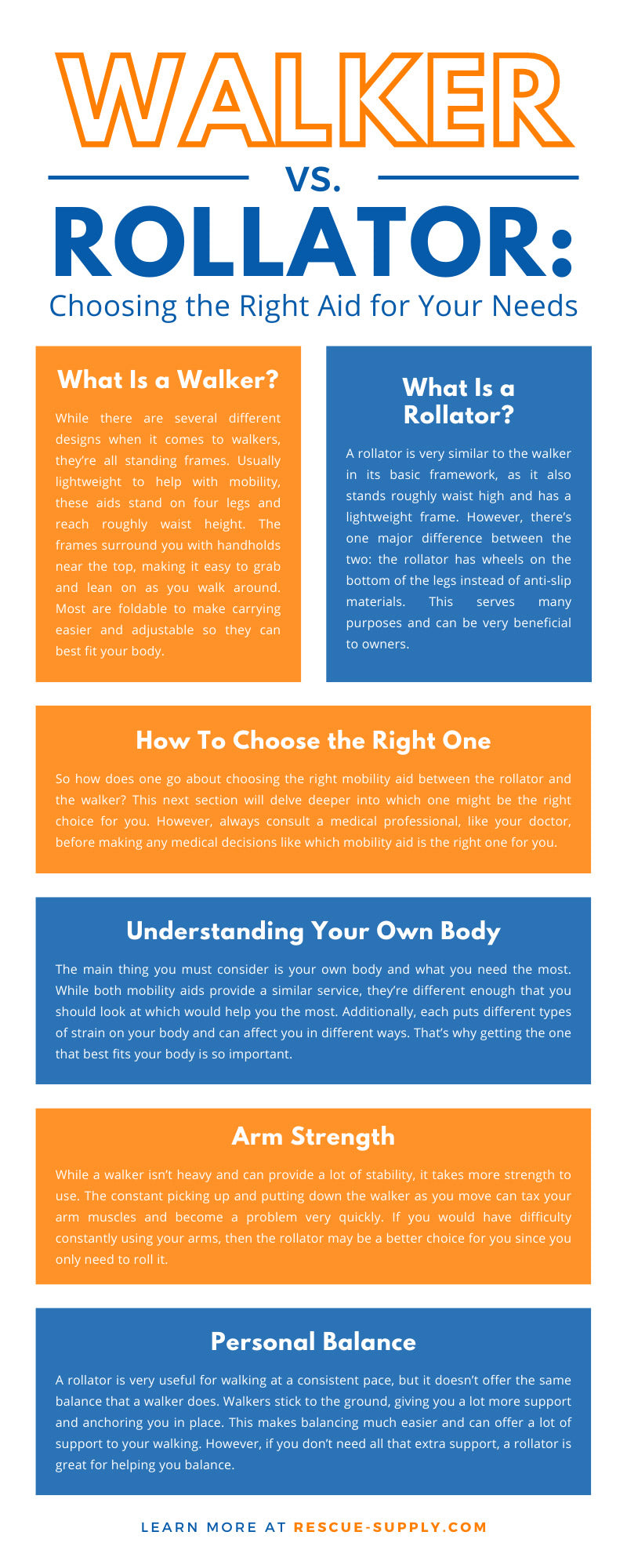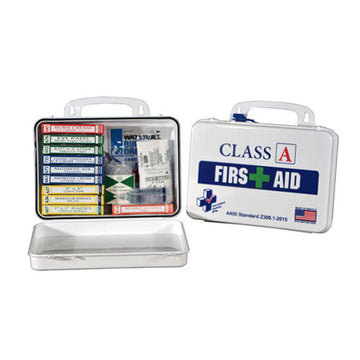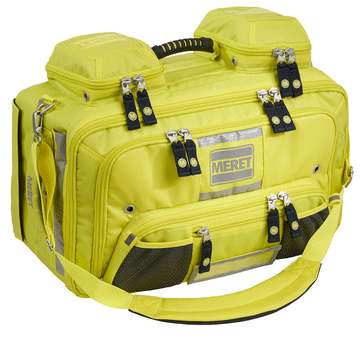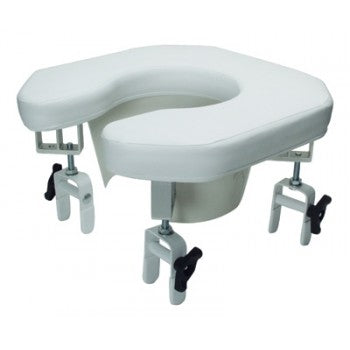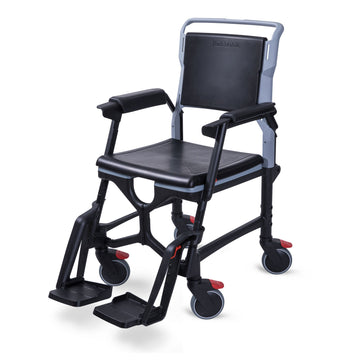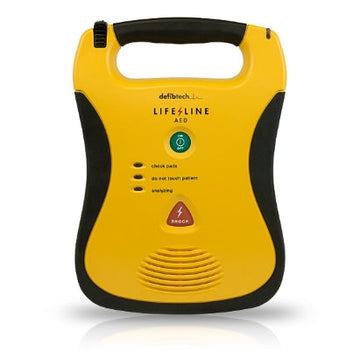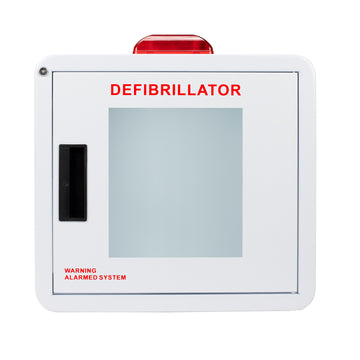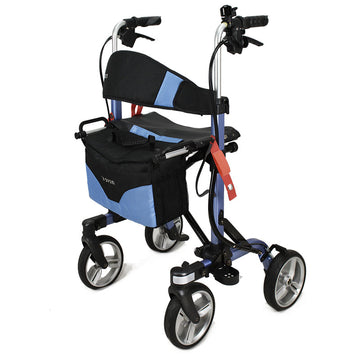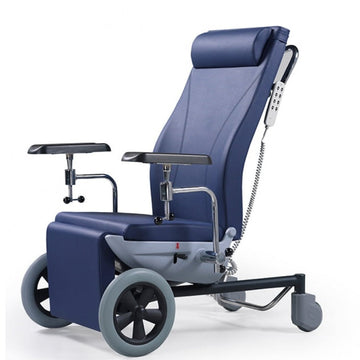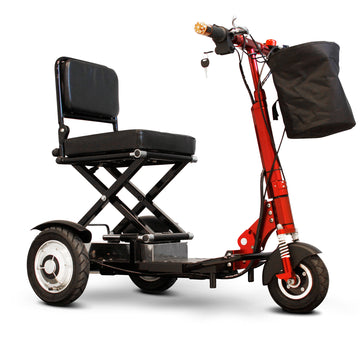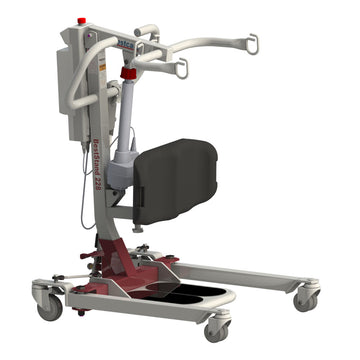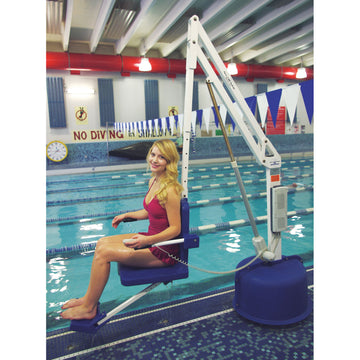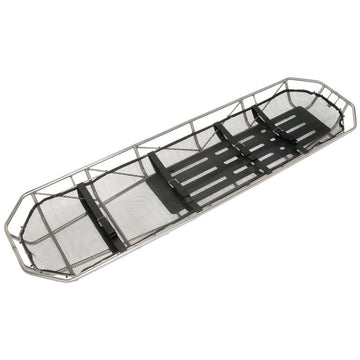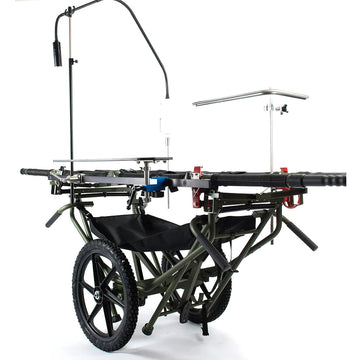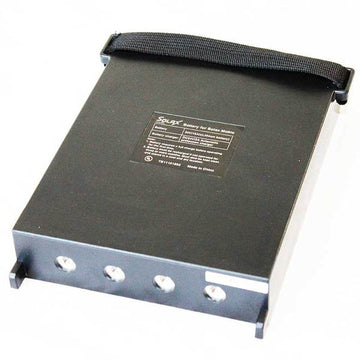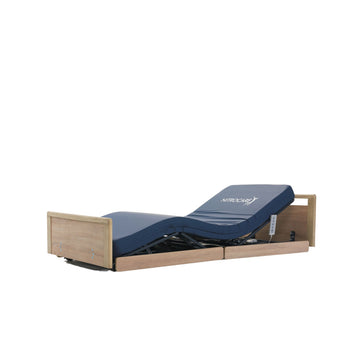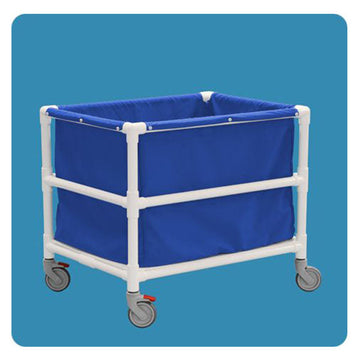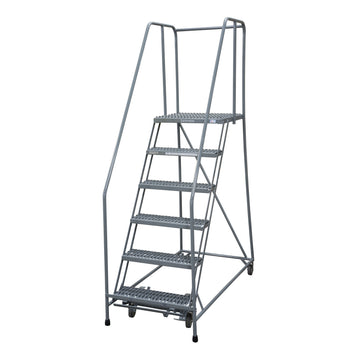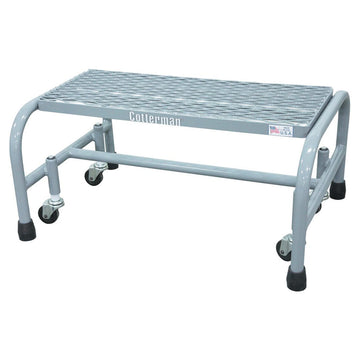Mobility aids come in many different forms, but some of the most common and versatile are walkers and rollators. Both aids are useful for people who need some help getting around but don’t quite need a full wheelchair. However, that doesn’t mean the two aids are interchangeable; you should find the one that best fits your needs. Here are the main differences and how you can choose a walker and a rollator as the right aid.
What Is a Walker?
While there are several different designs when it comes to walkers, they’re all standing frames. Usually lightweight to help with mobility, these aids stand on four legs and reach roughly waist height. The frames surround you with handholds near the top, making it easy to grab and lean on as you walk around. Most are foldable to make carrying easier and adjustable so they can best fit your body.
What Is a Rollator?
A rollator is very similar to the walker in its basic framework, as it also stands roughly waist high and has a lightweight frame. However, there’s one major difference between the two: the rollator has wheels on the bottom of the legs instead of anti-slip materials. This serves many purposes and can be very beneficial to owners.
3 or 4 Wheels
Rollators have two common designs, one with three wheels and one with four. Both function quite well as mobility aids, and there are only small differences between the two designs. The main thing to keep in mind is that the three wheels are more mobile but offer a bit less support and stability in comparison to the four-wheel versions.
Braking System
Another difference that comes with the wheels is the need for a braking system on a rollator. When you need more support or don’t want your rollator rolling around, the brakes on these aids can help you stay in control the whole time. However, it does add another thing you need to remember when walking around and trying to keep your balance.
Why the Differences Matter
While the difference between a walker and a rollator may seem small, these small changes mean a lot. A rollator walker isn’t the same as a walker, and treating them the same will only cause issues for anyone who’s using one. Here’s a deeper dive into the differences between these two aids and what advantages each one has.
Which One’s More Stable?
One of the biggest differences between these two mobility aids is how stable they are for the user. While both aids can provide help with stability, the rollator is less stable than its counterpart. The walker sticks directly to the ground with no worries about rolling since it doesn’t have wheels. Additionally, you can lean harder on it because of the solid design and four grounded legs.
Which One’s Easier To Move?
One big question a lot of people have about their mobility aids is how easy they are to use while walking around. While both are lightweight due to the frame-like design and lighter materials, the rollator is easier to move about. The wheels mean you don’t need to use nearly as much strength to move it into position. The walker, on the other hand, needs a lot of arm strength as you pick it up and put it back down in position. But the rollator can constantly move with you, and you don’t need to lift it.
How To Choose the Right One
So how does one go about choosing the right mobility aid between the rollator and the walker? This next section will delve deeper into which one might be the right choice for you. However, always consult a medical professional, like your doctor, before making any medical decisions like which mobility aid is the right one for you.
Understanding Your Own Body
The main thing you must consider is your own body and what you need the most. While both mobility aids provide a similar service, they’re different enough that you should look at which would help you the most. Additionally, each puts different types of strain on your body and can affect you in different ways. That’s why getting the one that best fits your body is so important.
Arm Strength
While a walker isn’t heavy and can provide a lot of stability, it takes more strength to use. The constant picking up and putting down the walker as you move can tax your arm muscles and become a problem very quickly. If you would have difficulty constantly using your arms, then the rollator may be a better choice for you since you only need to roll it.
Personal Balance
A rollator is very useful for walking at a consistent pace, but it doesn’t offer the same balance that a walker does. Walkers stick to the ground, giving you a lot more support and anchoring you in place. This makes balancing much easier and can offer a lot of support to your walking. However, if you don’t need all that extra support, a rollator is great for helping you balance.
Situational Awareness
Each device requires a different amount of situational awareness and focus on your surroundings. A rollator will flow forward, letting you focus a bit more on other things as you walk along. A walker requires more focus as you pick up and put down the walker between each step, which requires more evaluation on your part.
Common Attachments
Another thing that you should consider is the attachments that commonly come with each mobility aid, as they can be useful in their own ways. A walker typically comes as is, though some come with two front wheels to help offset the need to constantly pick it up. Rollators can come just as a walker with three or four wheels, but it’s more common to find rollators with built-in seating and a storage space. This can be very useful if you’re going for longer walks or trips, as you can sit when you need to and carry around your items without adding the weight to your body.
All these differences should be at the forefront of your mind when deciding between these two mobility aids. Think about which one would best fit what you need and bring that choice to your doctor or a trained medical professional. They’ll be able to give you the best guidance on what will help you the most, and then you can make the best decision possible for yourself.
